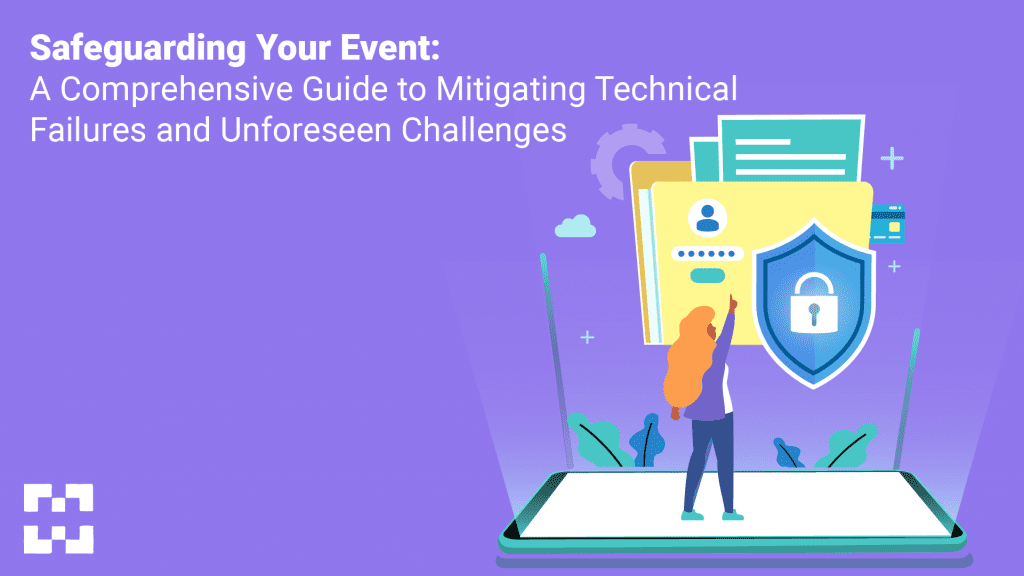
In the realm of event planning, anticipating and preparing for unforeseen challenges is as crucial as the meticulous planning itself. From technical failures to weather events, transport issues, and everything in between, ensuring the smooth execution of your event requires a proactive approach. Here’s a comprehensive guide on how to safeguard your event against a myriad of potential disruptions.
1. Risk Assessment and Contingency Planning:
Begin by conducting a thorough risk assessment for your event. Identify potential vulnerabilities and create a detailed contingency plan for each scenario. This could include backup equipment, alternative venues, and communication strategies to keep participants informed in case of unexpected issues.
2. Technical Failures:
- Backup Systems: Have redundant systems in place for critical event technologies, such as sound systems, projectors, and internet connectivity.
- Technical Support Team: Employ a dedicated technical support team to troubleshoot and resolve issues promptly.
- Testing: Conduct comprehensive tests of all technical setups before the event to identify and rectify potential glitches.
3. Infrastructure Issues:
- Venue Inspection: Thoroughly inspect the event venue for any infrastructure issues well in advance.
- Collaborate with Venue Management: Work closely with venue management to address any structural concerns and ensure that the venue is up to code.
4. Weather Events:
- Weather Monitoring: Stay vigilant about weather forecasts leading up to the event.
- Tentative Indoor Options: If applicable, have indoor backup options in case of inclement weather.
- Communication Plan: Develop a communication plan to keep attendees informed about any weather-related changes.
5. Transport or Traffic Problems:
- Transportation Coordination: Collaborate with local transportation services to optimize routes and minimize the impact of traffic.
- Provide Alternate Routes: Communicate alternate routes to attendees, along with transportation options like shuttle services.
6. Communication Strategy:
- Real-time Updates: Implement a real-time communication system to keep attendees informed of any changes or challenges.
- Emergency Contact Information: Collect and disseminate emergency contact information for key event personnel.
7. Staff Training:
- Emergency Response Training: Train event staff on emergency response procedures, ensuring they are well-equipped to handle unexpected situations.
- Problem-Solving Skills: Foster problem-solving skills among your team to address issues efficiently.
8. Collaboration with Local Authorities:
- Emergency Services Coordination: Establish a collaborative relationship with local emergency services and keep them informed about your event.
- Permit Compliance: Ensure that your event complies with all necessary permits and regulations.
9. Insurance Coverage:
- Comprehensive Insurance: Invest in comprehensive event insurance that covers a range of potential risks, including cancellations and property damage.
10. Post-Event Evaluation:
- Debriefing Session: Conduct a thorough debriefing session after the event to assess how well your contingency plans worked and identify areas for improvement.
By adopting a proactive and strategic approach, event planners can effectively mitigate the impact of technical failures, infrastructure issues, and unexpected challenges. Remember, the key to a successful event lies not just in flawless planning but in the ability to adapt and respond to unforeseen circumstances.





